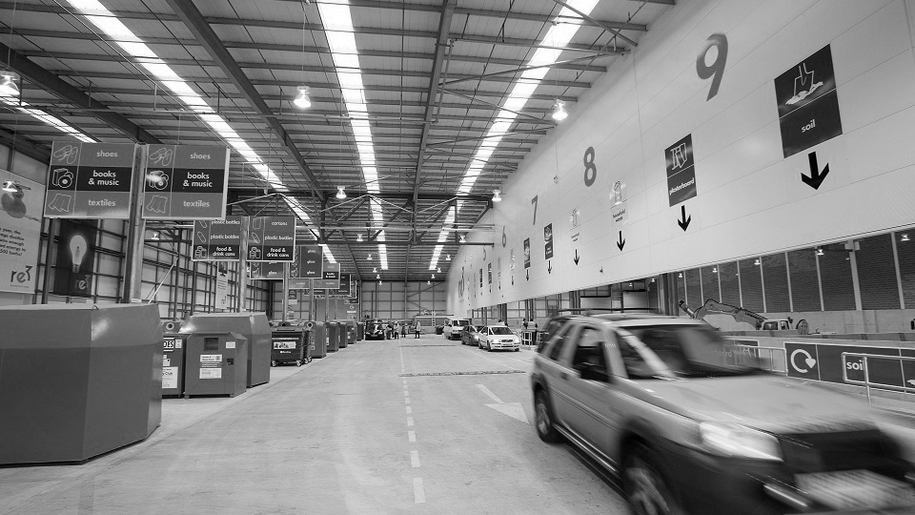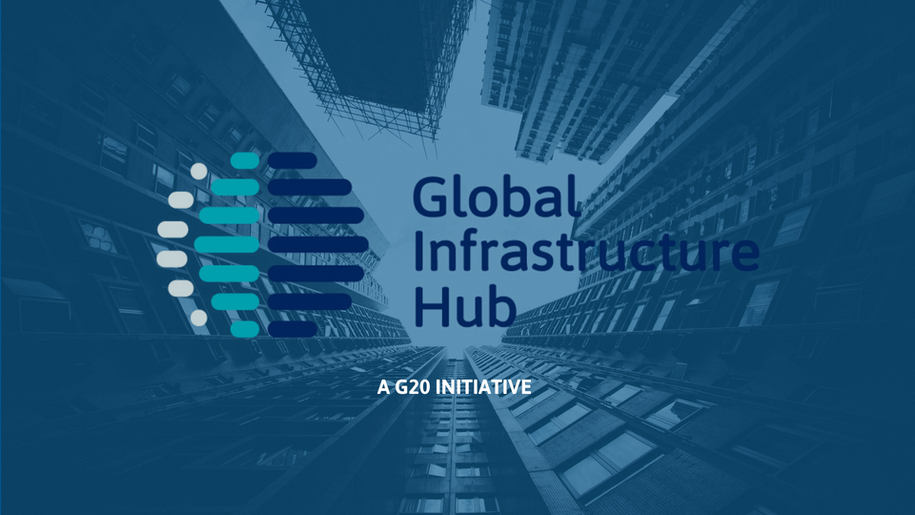916 results found
Featured results



More results
The goal of this paper is to estimate the additional annual spending required for meaningful progress on the SDGs in these areas. Our estimates refer to additional spending in 2030, relative to a baseline of current spending to GDP in these sectors.

How can governments deliver quality infrastructure outcomes?

The Global Infrastructure Hub (GI Hub) has released a new reference tool to help governments lay the foundations for strengthening project preparation processes and capacities in order to prepare bankable and sustainable projects—a prerequisite for tackling the substantial global infrastructure gap.



The reference tool on Governmental Processes Facilitating Infrastructure Project Preparation closely examines the relationships between countries institutional arrangements for project preparation, funding programs, project identification, feasibility studies and project structuring, through the lens of country-level governance and implementation. This initiative closely aligns with the G20 Principles for Project Preparation endorsed by the G20 Leaders in November 2018.


The circular economy is now core policy for a growing number of countries with leadership from Finland, the European Union and Canada, but it is also taking a strong hold in Asia as Japan and China implement circular economic policies to transition them to a sustainable inclusive future.
This report outlines how policy makers should focus on improving access to safely managed wastewater management services, providing several revelant examples from the region of Japan.

This study is a comprehensive, empirical analysis of the linkages between governance, institutions, and regional infrastructure.

InfraChallenge is an innovation competition aiming to accelerate the global infrastructure industry. We are looking for the next digital solution to help solve one of the big infrastructure issues globally. Here are the top 5 reasons to enter.
Contractual disagreements and disputes are common in PPPs during both construction and operational periods.
his paper introduces a model describing the full financial realities of FSM projects; a methodology for quantifying the costs, direct effects, economic spillover effects and a toolkit to calculate their net present values and the overall program’s internal rates of return.

This report outlines how energy efficiency and water conservation are each important for the delivery of electricity and drinking water.

This report argues that development finance has largely been directed towards centralized systems of wastewater management this has resulted in large populations being excluded from proper wastewater collection and treatment services whereas spillover effects of proper sanitation, which include an increase in property tax revenues, can help to offset the costs of fecal sludge management.

This paper looks to determine the factors for the successful implementation of transit-oriented development (TOD) in Asian cities

This paper shows in terms of policy flow and implications, how Indian railways has been unwavering in providing sustenance for economic growth.

We introduce and apply the concept of spillover effects to high-speed rail (HSR) development to formulate the economic impact on increasing the regional tax revenue.

The Asian Journal Special Issue on High-Speed Rail (HSR) Services in Asia provides an overview of the impacts of HSR infrastructure in Asia and explains how investment in HSR brings significant socio-economic changes.

Infrastructure projects in the Netherlands, such as the construction of roads, bridges and tunnels, have become larger and more complex in recent years. This thesis is about these kinds of infrastructure projects, about the challenges and tensions that go with them, about how people experience them and how they look jointly for solutions, and how they succeed or sometimes fail.

For this year s edition, we reached out to more than 10,000 people in 10 major global cities to ask about their everyday experiences with infrastructure services. How satisfied and safe do they feel with their roads and bridges, rail services and utilities? How engaged are they in the decision-making processes for new projects that can improve lifestyles and drive new economic growth?

Public-private partnership (PPP) contracts are long-term and they may have a duration of 20 to 30 years or more. Today, where technologies and social priorities (such as views on climate change and sustainability) are changing at an accelerated pace, it perhaps comes as no surprise that changes to PPP contracts through renegotiations are common.
As 2018 comes to a close, we would like to take this opportunity to thank you for your support this past year. The Global Infrastructure Hub (GI Hub) had an ambitious agenda for 2018 and we are pleased to say that, with the help of our partners and stakeholders, we have been able to achieve some important milestones.




 Project Preparation
Project Preparation





